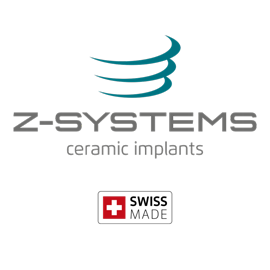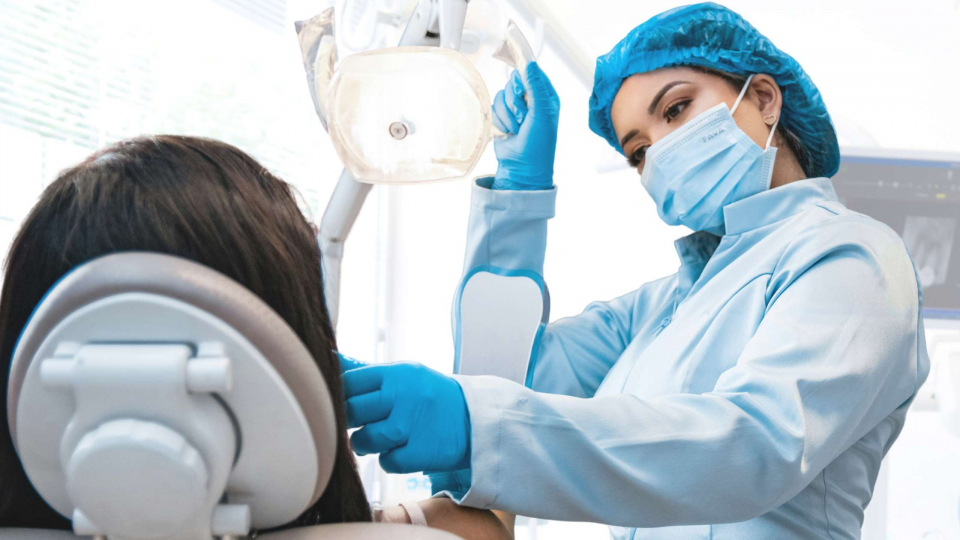As recently as 15 years ago, most people wouldn't have recognized the term 'peri-implantitis,' but times are a little different now. Peri-implantitis, a disease that affects people with titanium dental implants, is seriously on the rise.
A natural tooth
We all know that a natural tooth can develop plaque and tartar. If it's caught in time, a dentist can use a process called scaling to save the tooth and surrounding gum area. Scaling involves a special instrument that removes tartar from above and below the gum line.
But what happens when that same bacteria builds around a titanium dental implant? Can it be saved in the same way?
The unfortunate answer is no.
A metal implant
What makes a titanium implant different from a natural tooth is that as it decays, it releases metal particles into the gums and bloodstream. Most people either choose to live with or forget about the immediate effects of these metal particles, like inflamed and tender gums.
But, when that implant develops plaque and tartar, they might be forced to pay attention.
Scaling has always been the go-to method for removing plaque and tartar from a metal implant, but recent research tells us this is likely doing much more harm than good.
Scientific Reports published a study showing that scaling causes the implant's metal particles to be released at hyperspeed. Those particles "exponentially increase" inflammation, triggering bone loss - that "is unlikely to be reversible," note the authors.1
This finding presents a massive problem: There's no effective way to remove plaque and tartar from a metal implant. Treating the corroding implant in any way, only makes the corrosion happen faster.
We're beginning to see the results of this problem in the ever-growing number of patients with peri-implantitis, an inflammatory disease marked by bacterial infection and loss of jaw bone around an implant.2
The Fallout
Over 3 million Americans have at least one dental implant and that number is growing by 500,000 each year.3 Research suggests that a significant number of those patients will eventually develop peri-implantitis and thus far, no effective treatment exists.4
Dr. Stephen Jacobs, former president of the Association of Dental Implantology warns, "We're sitting on a time bomb. We are going to be seeing more and more cases."
Ceramic dental implants
Implants made from Zirconia (or ceramic) present a much-needed solution.
Ceramic implants are bioinert, meaning they don't have the ability to decay. They won't accumulate bacteria, develop plaque and tartar, or release particles of any kind into the gums and bloodstream.
"Plaque and bacteria accumulation on zirconia is almost non-existent," says Dr. Petrungaro, director of surgery at Start Smiling Chicago and renowned implant expert. "This is a huge, huge benefit over metal implants."
As we continue to understand the benefits of metal-free implants, we'll soon see more ceramic implants placed, and that's when we'll see a decline in peri-implantitis. The more we know the more we can improve. We just need to make sure we keep evolving.






